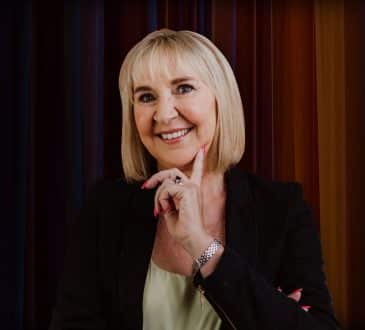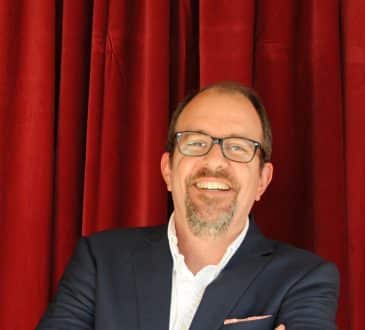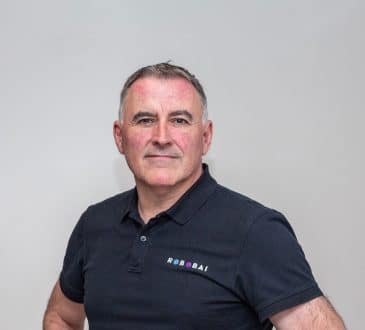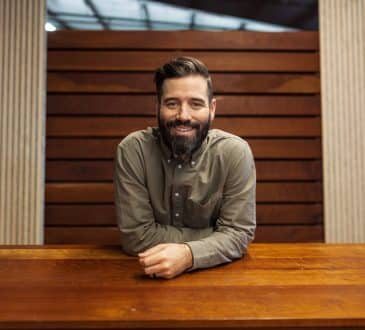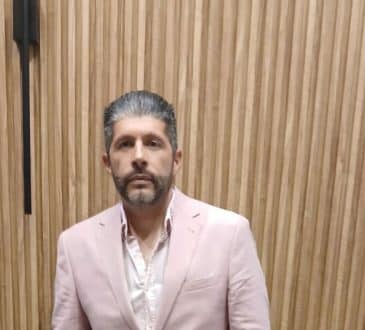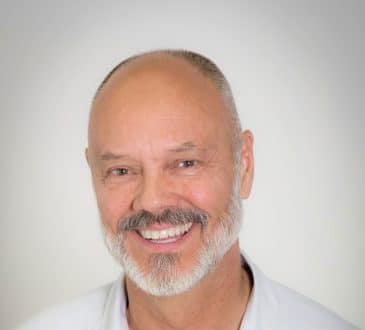America on the Brink

I watched a video recently where Peter Senge (The Fifth Discipline: The Art & Practice of The Learning Organization) offered his definition of leadership. He described it as “the power of a human community to shape its future.” Sounds simple enough, yet when you unpack these words, they offer a profoundly relevant definition for today’s leaders – which involve and include all of us. It focuses on the collective versus the hero. Significant advances in our society have always been driven by a community rather than an individual, and because of that, together, we have the power to shape our future. It’s a future that our grandkids will inherit and pass on to their own – no small responsibility.
Another aha moment occurred a few months ago when reviewing what is now the 24-year history of The Edelman Trust Barometer.* For those of you who may not be familiar with Edelman or the study, Edelman is a communication firm with more than 60 offices globally. Since 2001, it has been conducting vigorous research that measures public trust in institutions: government, business, media, and NGOs (non-governmental organizations). The prevailing themes in the early years were “Earned media more credible than advertising” (2003), “Trust shifts from authorities to peers” (2005), and “A ‘person like me’ emerges as credible spokesperson” (2006). Fast forward to 2018, that year was labeled the “battle for truth.” The sobering message here is that we went from wondering who to believe to not knowing what to believe anymore – a frightening development.
*If the Edelman Trust Barometer is not on your radar, you’ll find it incredibly enlightening, mainly because we look to one another when we don’t trust our institutions.
Context
I have been active in politics for most of my life. I grew up in Massachusetts in the 1960s and 70s, surrounded by political figures with national and global standing. They were my heroes (along with a few sports figures). Regardless of how you may view their politics, they and their Republican counterparts vigorously disagreed on policy but didn’t question that the other side had the best interest of the country at heart. They ultimately tapped into their shared humanity, and after tough political battles and when elections were won or lost, the peaceful transfer of power in the world’s most powerful country captured the world’s awe.
Consider the example in Rich Gorecki’s piece titled Ronald Reagan and Tip O’Neill: A Real Life of Friendship, quoting Chris Matthews:
“Following the assassination attempt, former Reagan aide Max Friedersdorf shared that O’Neill was one of the first people the president let visit him at George Washington University Hospital. Friedersdorf observed that when O’Neill entered Reagan’s hospital room, “he nodded my way and walked over to the bed and grasped both the president’s hands, and said, ‘God bless you, Mr. President.’ The president still seemed groggy…with lots of tubes and needles running in and out of his body. But when he saw Tip, he lit up and gave the speaker a big smile, and said, ‘Thanks for coming, Tip.’ Then, still holding one of the president’s hands, the speaker got down on his knees and said he would like to offer a prayer for the president, choosing the 23rd Psalm.” Then O’Neill kissed Reagan on the forehead.”
Despite being ideological opposites, they cared deeply for each other. Reagan would take Tip O’Neill’s calls and ask Tip if it was after 6:00 PM yet, signaling the time they would suspend their battle, enjoy an evening cocktail, and suit up the next day.
Media
Media is a culprit as well – both traditional and social. Unlike the Reagan years, today, we tend to choose the media that aligns with our worldview. Moreover, the media does a poor job of distinguishing between what’s news and infotainment partisan politics. In the absence of hearing all sides and seeing the whole chessboard, individual views become more entrenched, which has created division in America that goes well past 6:00 PM.
As for social media, we would be wise to beware. It’s packed with noise, misinformation, and flat-out disinformation that’s infecting people of all ages. If you are opposed to listening to points of view that may conflict with your own, then at the very least, vet the information you are receiving before you share it with others. Edelman describes this approach as practicing good information hygiene.
Summary
As a human community, we have the power to shape our future. For the sake of our grandkids (in my case, Nora, Ben, and one on the way yet to be named), we owe them a country and a world where we don’t deny them political heroes and where they can witness spirited debate (minus the ad hominem attacks) in service of the greater good. A world where they regard such debate not as fighting against each other but as fighting with one another for the best idea for a better world. We have far more in common than not. While every presidential election is characterized as being the most important election ever, believe them this time. Let’s take a breath and tap into what unites us.
Written by Leo Bottary.
Have you read?
A look at 30 Iconic Figures who Gained U.S. Citizenship.
These Are The Best Cities To Live in Every U.S. State.
25 Movie Remakes Outshining Their Originals.
Countries with the Most American Military Bases.
These Are the 50 Poorest Cities in America.
Bring the best of the CEOWORLD magazine's global journalism to audiences in the United States and around the world. - Add CEOWORLD magazine to your Google News feed.
Follow CEOWORLD magazine headlines on: Google News, LinkedIn, Twitter, and Facebook.
Copyright 2025 The CEOWORLD magazine. All rights reserved. This material (and any extract from it) must not be copied, redistributed or placed on any website, without CEOWORLD magazine' prior written consent. For media queries, please contact: info@ceoworld.biz




